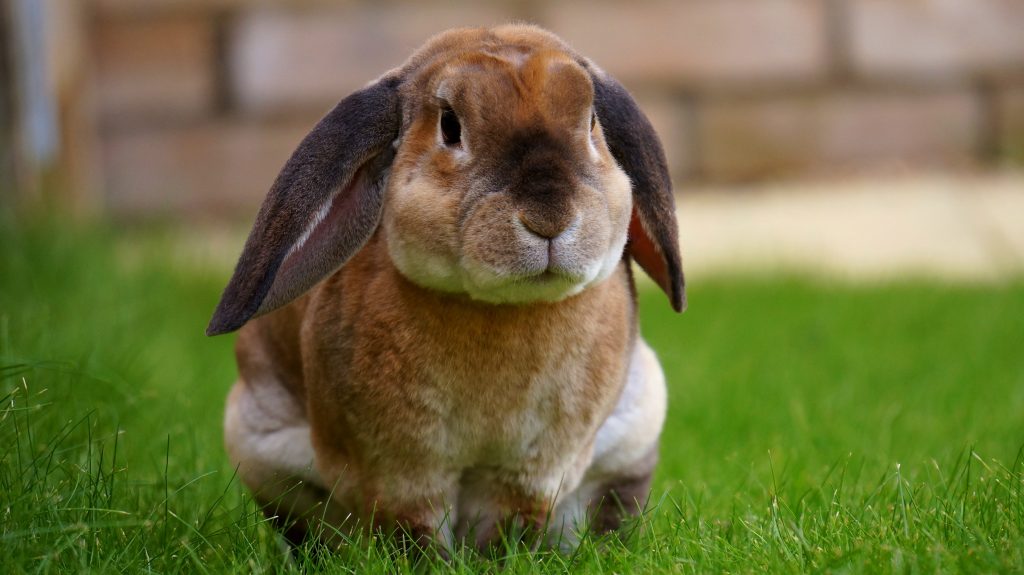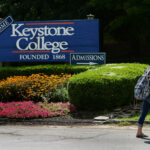CoverGirl is officially 100 percent cruelty-free.
The brand announced today it is Leaping Bunny certified by Cruelty Free International, meaning the brand has eliminated animal testing from every step of the manufacturing process. This makes Cover Girl the largest makeup brand to receive that certification.
Leaping Bunny is NO joke and to be certified, a brand must adhere to a specific (and rigorous) standard. It’s a huge win for cruelty-free beauty lovers and animal advocates.
But what does cruelty-free really mean? What about vegan? It can be confusing so I put together a little guide about animals and cosmetics. Before anyone gets upset, I’m not saying anything is good or bad. I just want to provide the information so everyone can make the decisions for themselves.
Note: Some links in this post may still list CoverGirl as not cruelty-free. It might take time for some sites to update.
VEGAN
If a product is vegan it means it was not made with any animal by-products. This not only includes ingredients like collagen, made from the bones, skin and connective tissue of animals, but also can include carmine, which is made from the crushed up wings of beetles to produce certain pigments; beeswax, from the bees, obvs; and lanolin, a fatty substance found naturally on sheep’s wool. Many companies have switched to plant-derived versions of ingredients to eliminate any animal by-products but you should read the labels to make sure. You can always go a step further and shoot the company an email if you can’t decode the label
CRUELTY-FREE
Cruelty-free typically means the product’s final version was not tested on animals. Even if a brand is cruelty-free, there’s still a chance that one or more of the raw ingredients were tested on animals at some point. Many brand’s websites will make the distinction that their products are 100 percent cruelty-free. To be Leaping Bunny-certified means that no materials in the entire manufacturing process (from raw materials to finished product) are tested on animals. Also, a brand does not have to be vegan to be considered cruelty-free.
U.S.’S LAWS VS. CHINA’S LAWS
Animal testing on cosmetics and personal care products is not required by law in the United States but it is also not banned. In the People’s Republic of China, the government mandates ALL foreign-imported cosmetics companies must test on animals to sell. This means all the big cosmetics brands from the U.S. and Europe that currently sell in China must undergo animal testing. This is the requirement to sell in mainland China and excludes Hong Kong. There are some more exceptions and you can read more about them here and here.
The Chinese market for cosmetics is huge and lucrative and lots of brands don’t want to miss those sales. Some brands claim to be cruelty-free but include a clause about animal testing “when required by law.” It’s entirely possible a brand can be “cruelty-free” in the U.S. (and include it on their U.S. packaging) but also sells in China and tests on animals. This can get super dicey for those who want their cosmetics to be 100 percent cruelty-free.
There are certain brands will not sell their products in China (including prestige brands such as Kat Von D Beauty and Fenty Beauty; or drugstore brands like NYX Cosmetics, E.L.F. Cosmetics and Wet n Wild Beauty) because they don’t agree with animal testing. As of CoverGirl’s announcement this morning, their products have been pulled from the Chinese market.
PARENT COMPANIES AND ANIMAL TESTING
Many beauty companies are owned by larger companies. For example, L’Oréal is the parent company of Urban Decay. L’Oreal is not a cruelty-free company but Urban Decay is cruelty-free. This can be an issue for cruelty-free advocates. However, many people will still buy from brands owned by non-cruelty-free parent companies. According to Jackie Johnson, a vegan and cruelty-free advocate who hosts the beauty podcast Natch Beaut, she describes it as “voting with her wallet.” By buying from cruelty-free brands, regardless of their parent company’s practices, she hopes it will show the parent company that there’s a high-demand for cruelty-free products and it will incentivize them to stop animal testing all together.
CRUELTY-FREE, VEGAN BEAUTY RESOURCES
If you’re ever in doubt on where a brand stands, some great resources are Ethical Elephant, Leaping Bunny and Cruelty-Free Kitty. Ethical Elephant contains resources, product recs and more. The latter two have search bars where you can type in a brand and their status will come up. They also include cruelty-free suggestions. Leaping Bunny goes even further, listing the different classifications of cruelty-free.
A few beauty gurus, including Natch Beaut’s Jackie Johnson, and YouTubers Jkissa and Jasmine Rose, all are vegans who feature cruelty-free beauty and skin care. Their content is ripe with animal-safe options.
There are tons of indie beauty brands (brands not owned by another company) that are cruelty-free such as Wailani Jewelry & Beauty, Pumpkin & Poppy, Melt Cosmetics, Juvia’s Place and Wren Natural.
The cruelty-free movement is far from over and I think we’re going to see more CoverGirl-type stories happen in the years to come.
I’m not trying to tell you what’s bad or good but I want to decode the confusing information and maybe inspire you to do your own research. I want YOU to feel empowered to make your own decisions. We’re all stuck on this weird rock floating through space. The least we can do is help each other navigate it.

Gia Mazur is an award-winning staff writer and beauty obsessive who joined The Times-Tribune’s Lifestyles department in 2015. She’s a product enthusiast who can’t live without an eyelash curler. A proud Virgo, Charlotte Tilbury Matte Revolution Lipstick in Pillow Talk is her go-to. Contact: gmazur@timesshamrock.com; 570-348-9127; @gmazurTT




